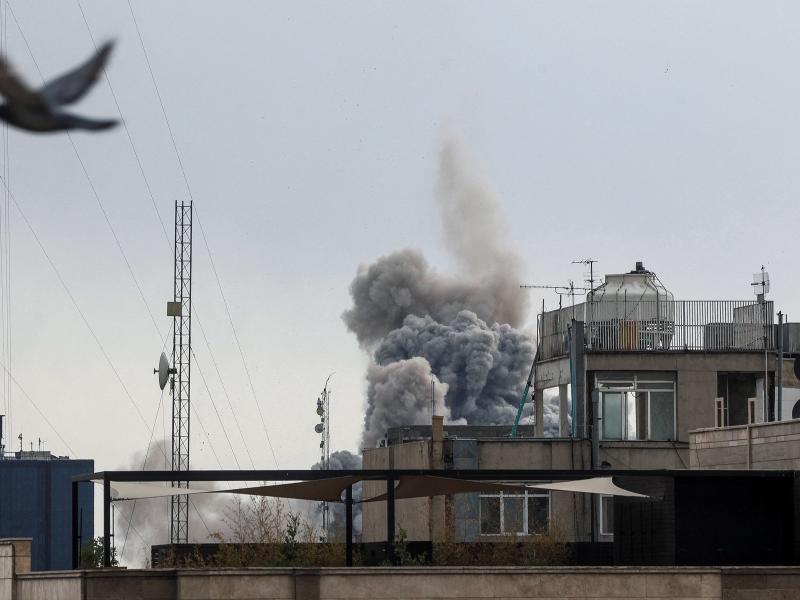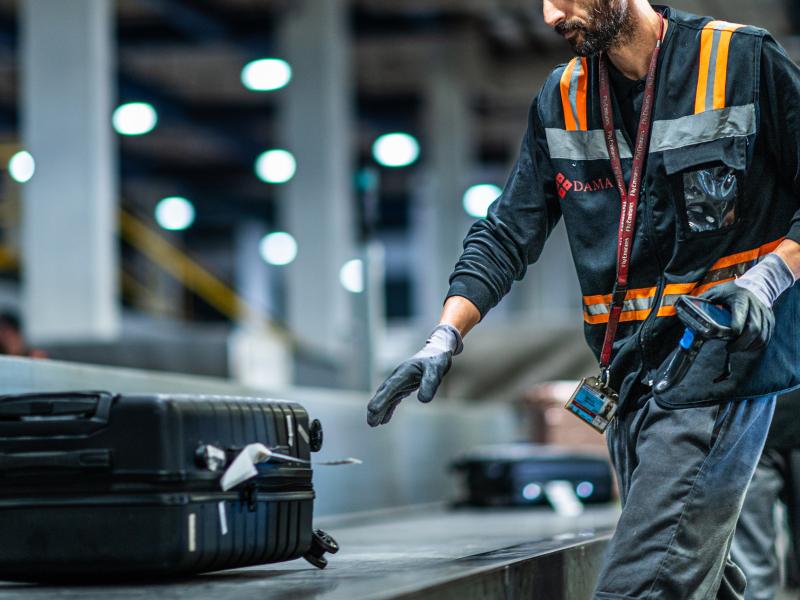The Covid-19 pandemic presents huge challenges for all societies. As the world deals with the pandemic, the temptation for some governments is to delay addressing the climate crisis. Our future depends not only on fighting the coronavirus but on us effectively addressing the problem of climate change as well. As we rebuild our economies, we must rebuild for a sustainable, zero carbon future. Otherwise, we risk lurching into an even bigger crisis.
Embedding climate action as a central element of the Covid-19 response will help address one of the biggest challenges of the pandemic, rebuilding our economies. Sustainable transport is at the forefront of this challenge. Many transport sectors have been badly affected by the shutdown and we need to protect transport services and workers’ livelihoods.
Over the next 10 years, transport needs to reduce its emissions by 45% from 2010 levels in order to meet the IPCC’s target of restricting temperature to 1.5 degrees. We now need a new, sustainable model that meets all social needs, and puts people before profit.
It is vital that as we rebuild transport, we move beyond the failed model of the past. Constant expansion cannot be based on precarious work and the ever-growing use of fossil fuels. We need a globally co-ordinated green industrial policy that mobilises high investment and full unionised employment. This requires an economy wide approach.
We will need major investment in renewable electricity, alternative fuels, as well as transport infrastructure. Governments must play a leading role. A zero carbon transport sector will need to be anchored by publicly owned transport infrastructure and services with strong democratic oversight.
We also need these levels of public investment to avoid another Great Depression. There is a major risk of global deflation if the Covid-19 pandemic leads to falling demand and investment. If investment in green infrastructure is combined with decent work with collective bargaining rights, it will generate a wage-led recovery. This approach needs to be globally co-ordinated. Just as industrialised countries in the Global North have a historic responsibility to address climate change, we must also make sure that all countries have access to finance for the zero carbon transition.
The workers’ role in decision making needs to be increased at all levels. Transport unions must have a greater role at the UN bodies that regulate transport, and greater input into the national plans (NDCs) under the Paris Agreement. Government investment must set conditions on sustainability targets and greater worker representation, including worker representation on boards, green representatives at all levels of the company, and skill development pathways for women workers and young workers.
John Mark Mwanika, ITF Urban Transport Committee Chair and Sustainable Transport Working Group co-chair said:
"Public transport systems and public transport workers are under great strain as a result of the coronavirus pandemic. It is vital that we preserve public transport systems and also take the long term view. Expanding publicly owned public transport services is one of the most important things we can do is address the climate crisis.
A good example is the ITF’s partnership with the C40 Group of pioneering cities to implement the Green and Healthy Streets Declaration, which aims to introduce zero emission buses by 2025 and zero emission zones by 2030. The ITF is working with these cities to ensure these investments create decent jobs, with opportunities for both men and women workers, and full training opportunities. This partnership is even more important now as cities rebuild their social and economic life in a safe way.”
Dorotea Zec, ITF Young Workers co-chair and Sustainable Transport Working Group co-chair said:
“The Covid-19 pandemic has showed the importance of maritime transport for keeping essential supplies moving around the world. To safeguard the industry’s future, we urgently need to identify potential pathways to a zero carbon sector. Alternative fuels such as ammonia and battery power are possible options. Upgrading the global shipping fleet will require major investment in ship building and renewable energy, and this will contribute to the wider economic recovery the world needs.
New skills will be needed and seafarers’ unions must have an active role in decision making. We need to make sure that the livelihoods of all seafarers are protected, and that the future of the sector is based on equality, with fairer opportunities for women workers and young workers. The ITF also needs an active role in the International Maritime Organization, which has an important role to play in making a just transition to zero carbon happen.”
David Gobé, ITF Railways chair and Sustainable Transport Working Group co-chair said:
“Public investment in the rail sector is very important for achieving a zero carbon transport sector. We need to make sure this investment happens in a carefully planned way, to make sure there is no wasteful competition with other transport modes. Experience shows that only the public sector can deliver efficient and well run rail systems.
Investment in the rail sector must go hand in hand with decent jobs and collective bargaining rights. The Covid-19 pandemic increased existing inequalities for women workers, young workers, and other marginalised groups. We must make sure that a new wave of public investment delivers a more just transport sector.”



